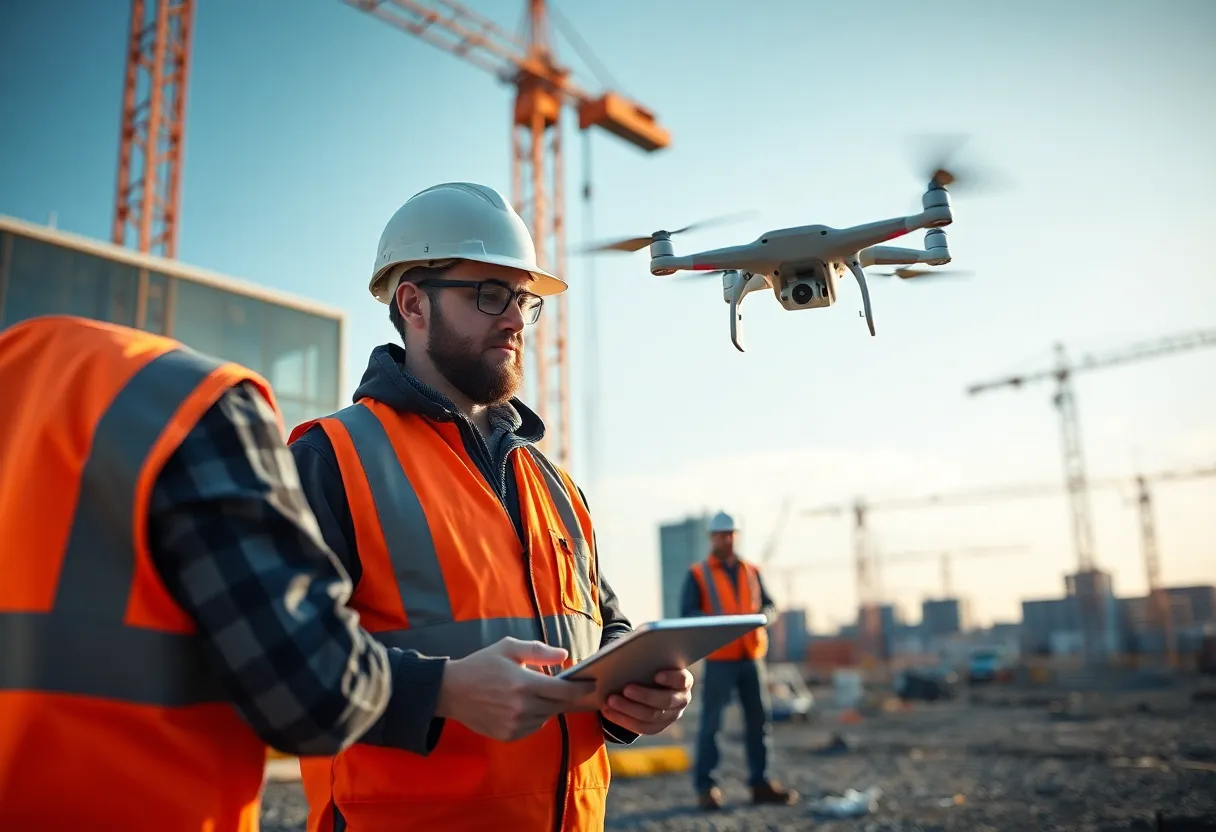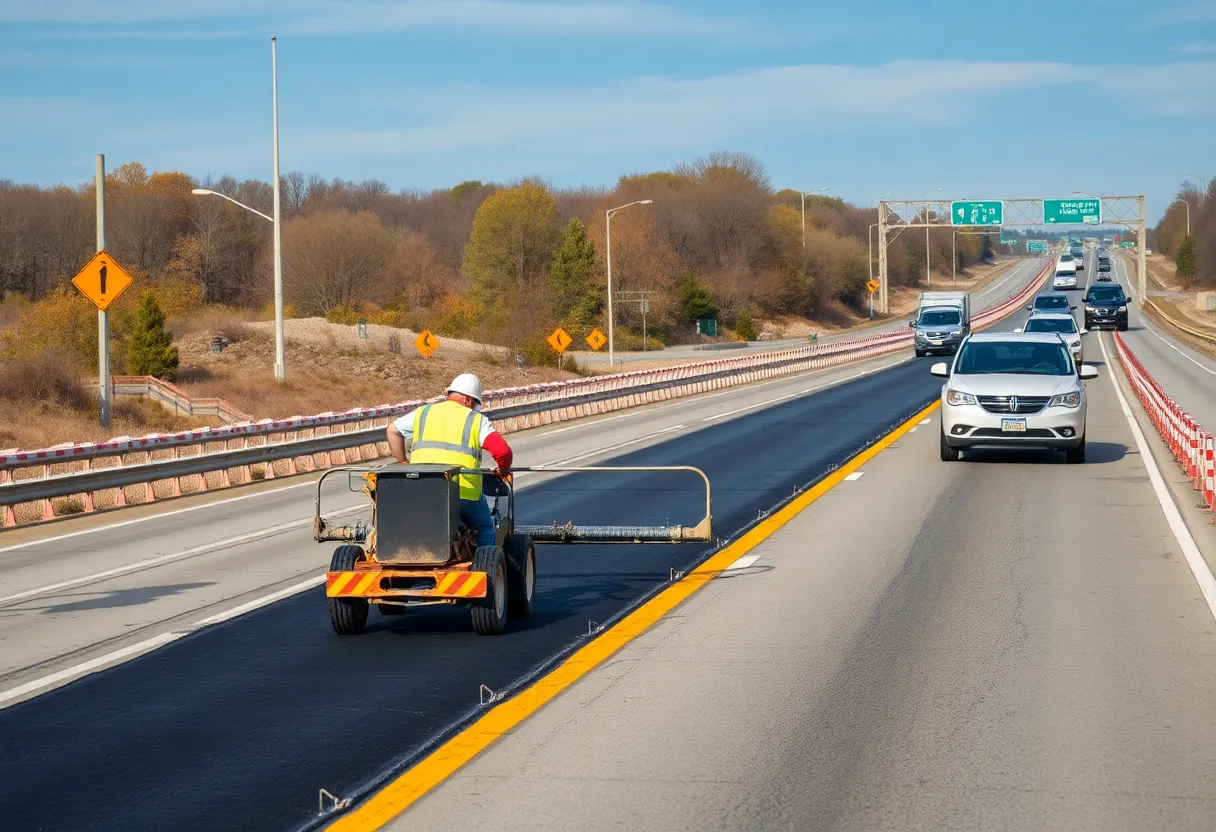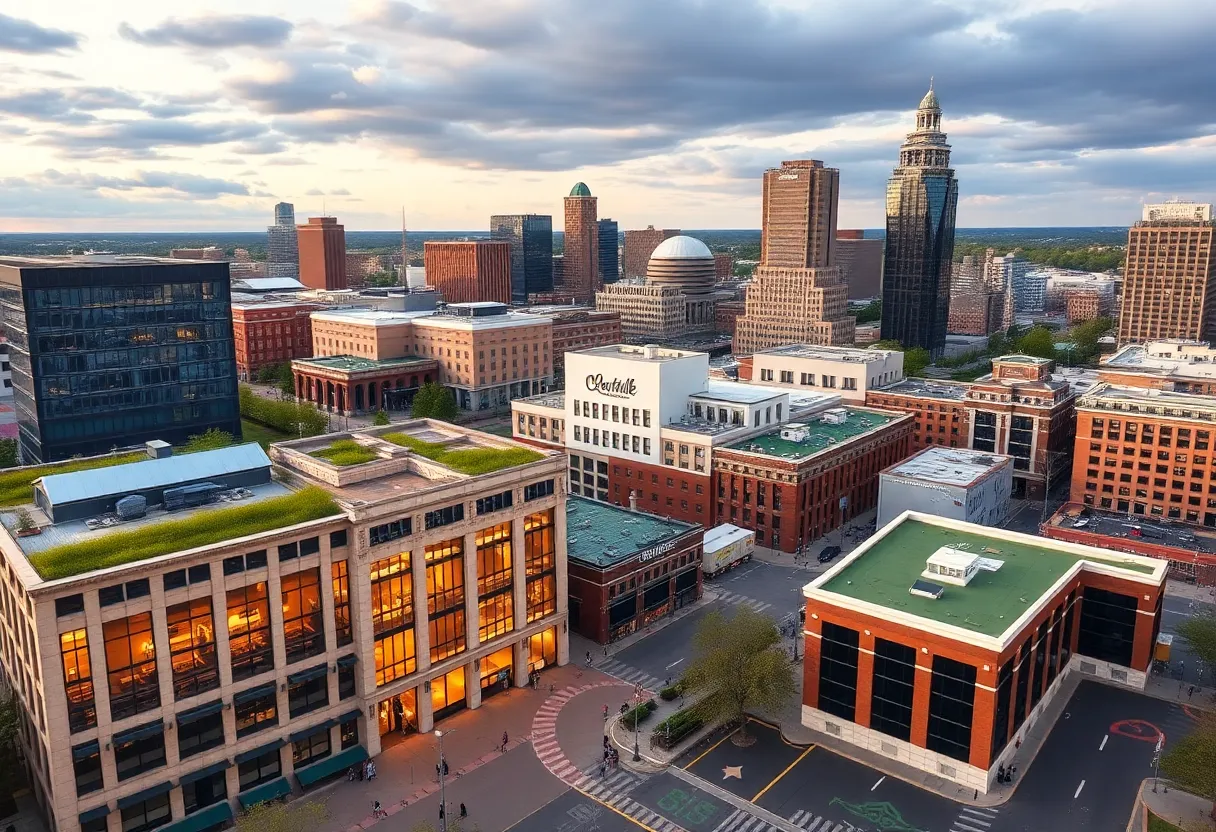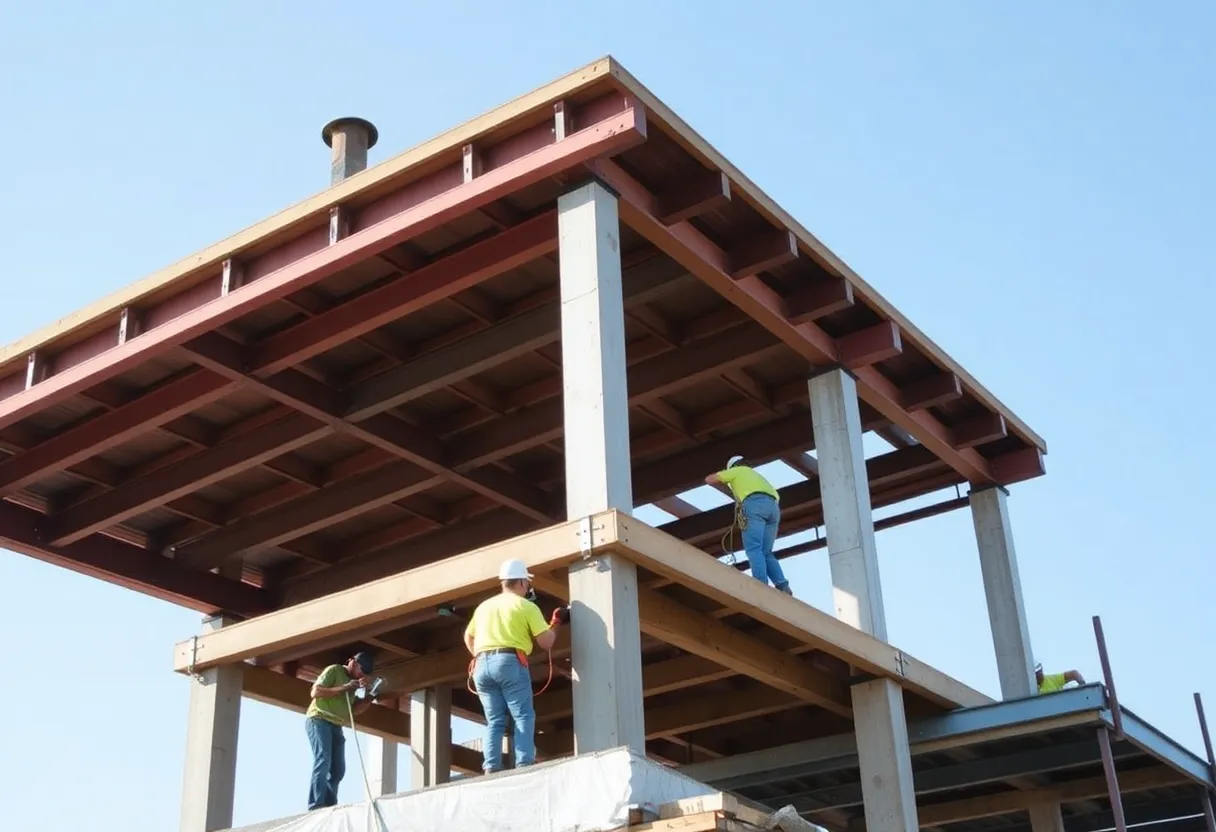News Summary
The United States construction sector is experiencing a significant transformation with the adoption of artificial intelligence. Companies are implementing AI tools to enhance project efficiency and reduce errors, leading to substantial cost savings. Federal investments in AI infrastructure are projected at $2 billion, aiming to cut construction timelines by up to 30%. While AI offers benefits such as predictive analytics and drone mapping for urban planning, challenges like worker training and data privacy need to be addressed. Overall, this development is set to boost the industry’s competitiveness and sustainability efforts.
AI Revolutionizing US Construction Industry
Nationwide, the United States is adopting artificial intelligence in construction to transform the sector, focusing on improved efficiency and reduced errors. This development, as reported in recent updates, involves AI tools that optimize resource allocation and enable predictive analytics for identifying potential structural problems early.
Key advancements include integrations by major companies, which are using AI to forecast issues before they occur, potentially saving billions in costs each year. For instance, AI-driven applications are helping with project planning and execution, making processes faster and more accurate. Experts highlight that this technology is already in use in various states, where it’s aiding urban development through tools like drones for terrain mapping.
Supporting these efforts, federal investments in AI infrastructure are set at $2 billion as of October 13, 2025. This funding aims to shorten construction timelines by up to 30 percent. The shift toward AI also promotes sustainable practices, aligning with broader climate goals by minimizing waste and energy use.
However, the adoption of AI brings challenges, such as the need to train workers in new skills and address data privacy issues. Despite these hurdles, the technology is seen as a solution to ongoing labor shortages, enhancing the industry’s global competitiveness.
In the background, this innovation stems from US tech hubs and builds on existing tools from companies in the field. States like California and New York are leading examples, where AI-powered drones are mapping areas to support better urban planning. Overall, this nationwide push is expected to boost productivity and foster a more efficient construction environment.
The use of AI in construction represents a significant step forward, with projections indicating annual cost savings in the billions. By leveraging predictive analytics, builders can avoid common pitfalls, ensuring projects stay on schedule and within budget. This approach not only streamlines operations but also incorporates sustainability, helping meet environmental targets through smarter resource management.
Further details reveal that AI tools are being integrated into everyday construction tasks, from design to on-site monitoring. For example, software platforms are analyzing data in real-time to adjust plans dynamically, reducing the likelihood of delays and errors. As the industry adapts, the focus on upskilling workers is crucial to maximize these benefits while mitigating risks related to data security.
Looking ahead, the $2 billion in federal investments underscores a commitment to innovation, potentially cutting timelines by 30 percent. This nationwide effort addresses labor shortages by automating routine tasks, allowing human workers to focus on complex roles. In states like California and New York, practical applications such as drone mapping are already demonstrating tangible improvements in urban planning efficiency.
The broader context shows that AI’s role in construction is an evolution driven by US technological advancements. By embracing these tools, the sector is positioning itself for long-term growth, making US construction more competitive on a global scale. This move not only enhances productivity but also supports sustainable practices, contributing to climate goals through reduced environmental impact.
In summary, the integration of AI in US construction is a pivotal development, offering efficiency gains, cost reductions, and solutions to sector challenges. With careful management of implementation issues, this technology promises to reshape the industry for the better.
(Word count: 512)
Frequently Asked Questions
- Q1: What is the main focus of the US embracing artificial intelligence in construction?
- Q2: Which companies are integrating AI for predictive analytics?
- Q3: How is AI being used in specific states?
- Q4: What are the projected benefits of AI in construction?
- Q5: What challenges are associated with AI adoption in construction?
- Q6: What is the federal investment in AI infrastructure?
- Q7: How does AI help with broader goals?
- Q8: What is the overall impact on the industry?
A1: The main focus is enhancing project efficiency, reducing errors, and optimizing resource allocation.
A2: Companies like Caterpillar and Autodesk are integrating AI for predictive analytics.
A3: In states like California and New York, AI-powered drones are mapping terrains for better urban planning.
A4: This technology is projected to save billions in costs annually and cut construction timelines by up to 30%.
A5: Challenges include upskilling workers and data privacy concerns.
A6: Federal investments in AI infrastructure are expected to reach $2 billion.
A7: AI predicts a surge in sustainable building practices through AI, aligning with climate goals.
A8: This shift boosts productivity and addresses labor shortages, making US construction more competitive globally.
Key Features Chart
| Feature | Description | Benefits |
|---|---|---|
| Predictive Analytics | AI tools foresee structural issues | Reduces errors and saves billions annually |
| Drone Mapping | Used in states like California and New York | Improves urban planning efficiency |
| Federal Investment | $2 billion in AI infrastructure | Cuts timelines by up to 30% |
| Sustainable Practices | AI-driven resource optimization | Aligns with climate goals and boosts productivity |
| Labor Solutions | Addresses shortages through automation | Enhances global competitiveness |
Deeper Dive: News & Info About This Topic
Construction FL Resources
CAF loan, Los Cabos growth and Cape Verde 5G drive regional infrastructure push
U.S. Construction Sector Faces Environmental Challenges and Growth Opportunities
Renewed Investor Interest in U.S. Construction Sector Signals Potential Rebound
Wilmington Begins Major Harbor Dredging Project
Women in Trades and Industry Innovations Transform Construction
Highway 95 Upgrades Enter Critical Phase in Savannah, Georgia
U.S. Construction Trends Shaped by Oil Markets and Data Centers
Orlando Launches $75 Million Eco-Friendly Industrial Park
Bollinger Shipyards Selected to Build Coast Guard Arctic Cutters
Tampa to Begin Major Water Pipeline Upgrade Soon
Author: Construction FL News
The FLORIDA STAFF WRITER represents the experienced team at constructionflnews.com, your go-to source for actionable local news and information in Florida and beyond. Specializing in "news you can use," we cover essential topics like product reviews for personal and business needs, local business directories, politics, real estate trends, neighborhood insights, and state news affecting the area—with deep expertise drawn from years of dedicated reporting and strong community input, including local press releases and business updates. We deliver top reporting on high-value events such as the Florida Build Expo, major infrastructure projects, and advancements in construction technology showcases. Our coverage extends to key organizations like the Associated Builders and Contractors of Florida and the Florida Home Builders Association, plus leading businesses in construction and legal services that power the local economy such as CMiC Global and Shutts & Bowen LLP. As part of the broader network, including constructioncanews.com, constructionnynews.com, and constructiontxnews.com, we provide comprehensive, credible insights into the dynamic construction landscape across multiple states.





